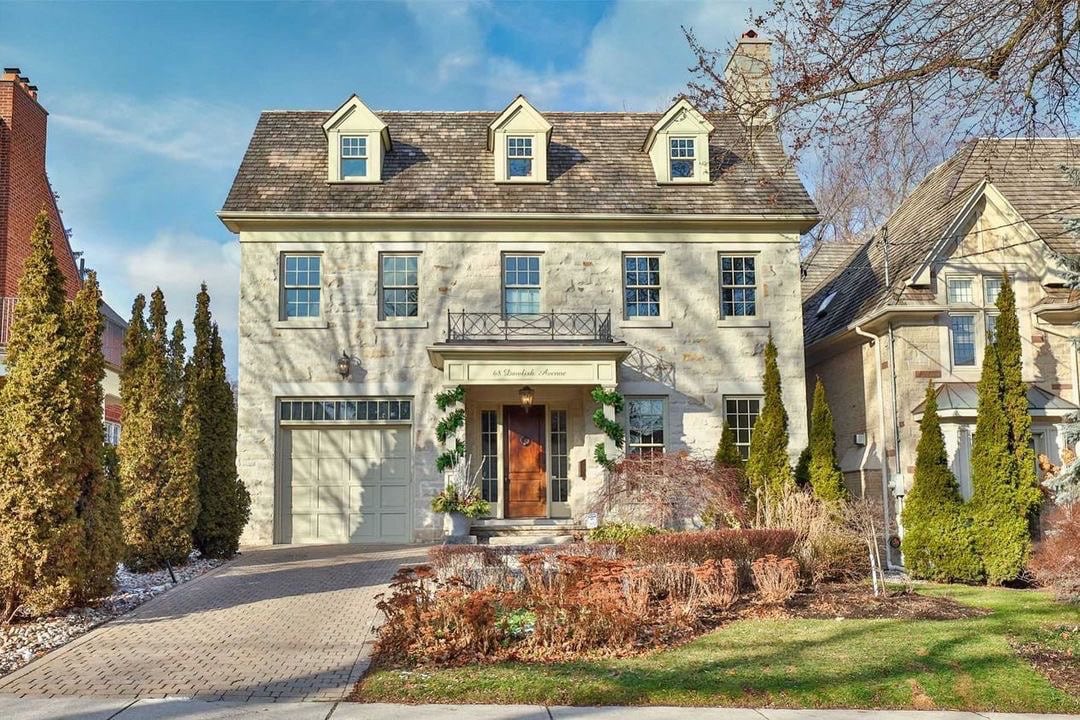When you decide to get into buying real estate, you should expect a long process that might take several years from start to end. This procedure involves planning for your real estate purchase. So making a strategy years before you begin exploring the market is actually a sensible thing to do.
Related: Building a new digital real estate empire
Taking the time to plan ahead of time can help you avoid many pitfalls that novice buyers make when purchasing real estate . It will ensure that, when the time comes, the process is a smooth one.
With that in mind, read on to find out what you can do to ensure that when you’re ready to buy a property, you won’t have any issues. It’s best to start right now, even if you don’t know when the purchase will take place.
Improve your credit score
The first step in purchasing a home is to evaluate your credit reports from the three major credit reporting agencies. This will enable you to immediately correct any mistakes you see on the report. And it will show you how repaying your outstanding debts will help you not just in terms of the money you have left each month, but also in terms of boosting your credit score.
Because your credit score will influence the interest rate you pay on a mortgage, you should improve it as much as possible before meeting with lenders. You can accomplish this by paying all of your monthly expenses on schedule and never missing a payment at all. Also, paying off your credit card debt almost entirely will help. You will be considered a lower risk when you have more accessible credit than debt.
Perhaps ironically, having no debt at all is seen as a negative in the eyes of lenders who won’t be able to confirm that you’re a reliable payer if you have no debt to prove it with. Having one credit card you use and then pay off each month will solve this issue.

Save for a down payment and closing costs
It is also critical to begin saving for a home purchase many years in advance. You may be eligible for programs that enable you to put down three percent of the purchase price as a down payment. However be aware that paying less up front may cost you more in the long run. Putting down less than 20 percent normally increases the interest rate charged by the lender. And you will have to take out a lengthier loan.
In addition to preparing for your down payment, you should have some money set up to meet closing charges. To pay your closing fees, you should budget between three and six percent of the home’s selling price. If you want a more precise estimate of your closing expenses, it’s best to speak to an expert who can give you a breakdown of costs to budget against.
The sooner you can start saving, the better. You’ll have more choice of properties and more choice when it comes to the right mortgage deal.

Make sure you know your budget
The second step is to make a budget to ensure that you purchase within your limits. Developing a completely fresh and workable budget that includes all homeownership expenses is vital. In addition to making mortgage payments to your lender, remember to factor in the interest you’ll have to pay. You should also factor in the expense of homeowner’s insurance and home repairs.
If you are not prepared for these additional fees, you may find yourself borrowing merely to meet your monthly responsibilities. You can determine how much you can spend on a new house after you know how much you can afford each month. Work backward from there if that’s easier for you.
Remember, owning a property is a positive thing in most cases. It’s the dream of perhaps the majority of people. But there are downsides. The unexpected or extra costs each month compared to when you rent somewhere can be one of these negative things. Make sure you’re completely aware of what you need to pay otherwise you could find yourself in a challenging position.
Get pre-approved for a mortgage
There are a few reasons why you should be pre-approved by a mortgage lender before shopping for real estate to purchase. First and foremost, a pre-approval letter will inform you how much you can afford to spend on your new house. If you’re pre-approved for more than the amount you calculated in your budget, bear in mind that you can spend less than the amount your lender authorized you for. This is just a figure you can go up to, but you can buy a much less expensive house if you prefer.
A pre-approval letter also informs sellers that you are a serious buyer who is ready to proceed with a house purchase. This may make sellers more willing to negotiate a lower selling price.
Related Posts
- Property Profile: Plenty of Outdoor Living Space in Posh Downtown Toronto Condo
- Building Wealth via Real Estate: Property Flip Tips
- Sotheby’s Real Estate Report: Residential Sales Over $1 Million in Toronto Increase 217% Year-Over-Year
- Chris Hemsworth and His Brothers Luke and Liam Sell Their Malibu Mansion for $4.9 Million
- Looking To Make a Serious Luxury Real Estate Investment? Feeling a Little Adventurous? Look to Florence
Get life insurance
It’s not mandatory to take out life insurance, and your mortgage provider won’t legally be able to insist that you do before they’ll lend you money. However the fact is that getting life insurance is a good idea when you’re buying a property.
Mortgage life insurance, often known as mortgage protection, is a sort of insurance that pays out if you die before finishing your mortgage payments. Its goal is to save anybody you leave behind from having to worry about making monthly payments or selling the property to cover the amount still due.
Having this in place, as well as a funeral plan that includes everything you want to happen after you die, right down to your family having cremation jewelry, will put your mind at ease. It will mean that you can buy a property without having to worry that it will be a burden when you’re gone.
Talk to a real estate agent
You should also consult with a seasoned real estate agent to find your new house. An agent understands the market and can guide you to up-and-coming neighborhoods. They may also advise delaying if they anticipate a shift in the housing market. Your realtor will help you in your search by keeping an eye out for houses that fit your criteria.
They will keep you informed about upcoming open houses and new homes on the market. A real estate agent can even assist you in negotiating a better bargain on a property that better matches your needs.
Although it’s possible to work alone, having this kind of expert help will make purchasing a property much easier.

I am a 50-something Torontonian who loves everything about my city. It’s been my home, my playground, for my entire life. I went to school here. I met my wife here. I own real estate here. I love writing about the transformation of my city on the world stage, which hasn’t been anything short of dramatic. That continues on, as I write this. I write on the real estate scene. I write on travel and fashion. I like following the world of luxury watches.
But I love writing about cars – check that, luxury cars, a level of superior, engineering sophistication, high performance and style, that transports you not just from one destination to another but also out of whatever you are going through on a particular day, whatever mood you are in, all to another head space. It’s complete and total exhilaration, head to toe.
Check out my stories, and email me direct at mkeast@regardingluxury.com








